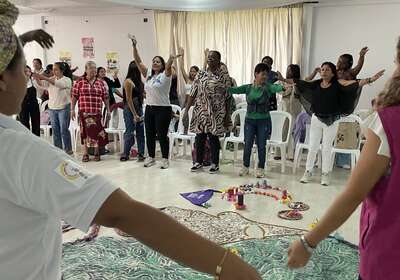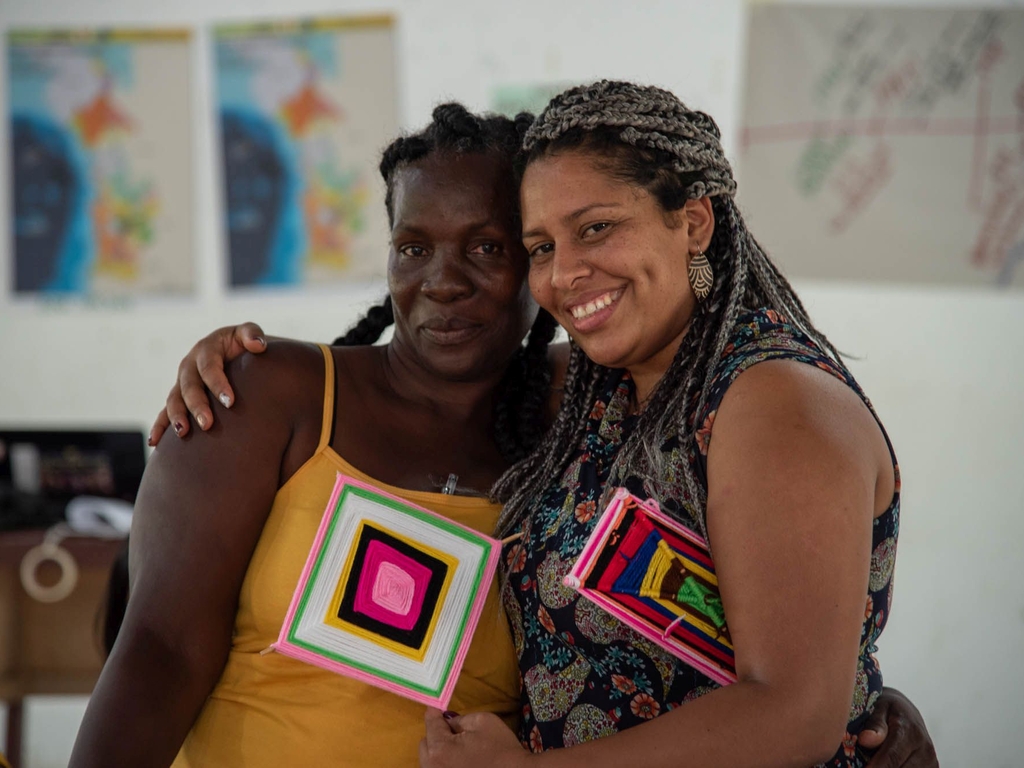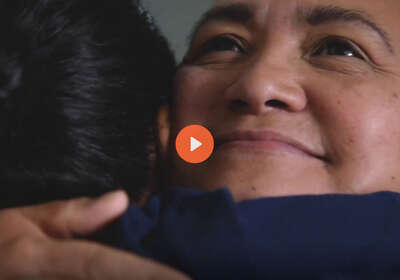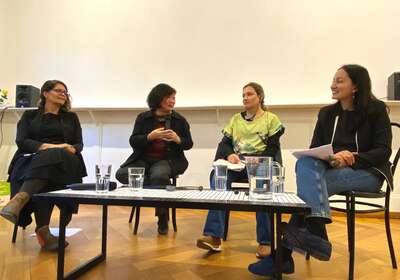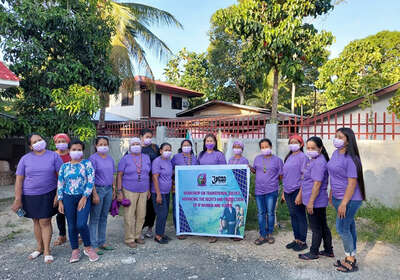The Colombian peace agreement is an international model for the inclusion of marginalised populations and for women's participation. It is the first peace agreement in the world to integrate a gender approach effectively and one of the most progressive in terms of the rights of women and the LGBTIQ+ community. The women's and LGBTIQ+ movements played a significant role in the inclusion of these aspects during the peace negotiations.
Gender aspects weakened
The women's and LGBTIQ+ movements were able to exert influence at various stages of the peace process. Thanks to them, the peace agreement integrates a gender-specific approach and contains an entire chapter on the subject of gender. The agreement integrates ethnic and gender-specific perspectives. For example, it explicitly refers to women's right to own land, contains special provisions for women's political participation and states that there will be no amnesty for crimes of sexualised violence.
This gender approach was highly controversial in the run-up to the 2016 referendum on the peace agreement. Just over 50% of voters voted against it. In response, the Colombian government and the FARC-EP signed a revised peace agreement. The gender perspective and, in particular, the rights of LGBTIQ+ people were weakened in the final agreement.
Violence against activists continues
While the peace agreement serves as a model, it faces major challenges in its implementation. Since the signing of the agreement, different regions of the country have been caught up in new spirals of violence and armed conflict. This spiral of violence can be traced back to various causes:
The incomplete implementation of the peace agreement.
The limited ability of the state to control the violence and to be present in the affected areas.
The increase in armed groups and their struggle for territorial control.
Obstacles in current peace negotiations between the government and other armed groups (e.g. with the EPL).
The increasing remilitarisation and ongoing violence have had various impacts on the population and the environment, such as the recruitment of minors or the exploitation of nature through deforestation. In particular, the battle for routes for illegal drug trafficking has a wide range of impacts on the local population, especially on women. They are the target of sexualised violence and suffer from the loss of their income and their land due to the destruction of biodiversity resulting from the armed fight. Women face great social pressure to return to traditional female roles. Particularly women in leadership roles are stigmatised and severely restricted in their activities because they can only carry them out with great caution.
